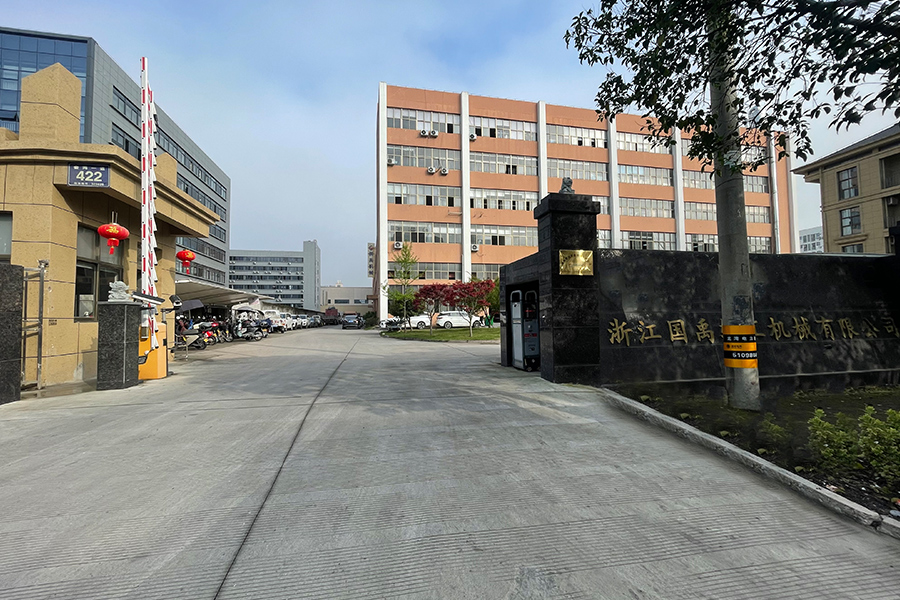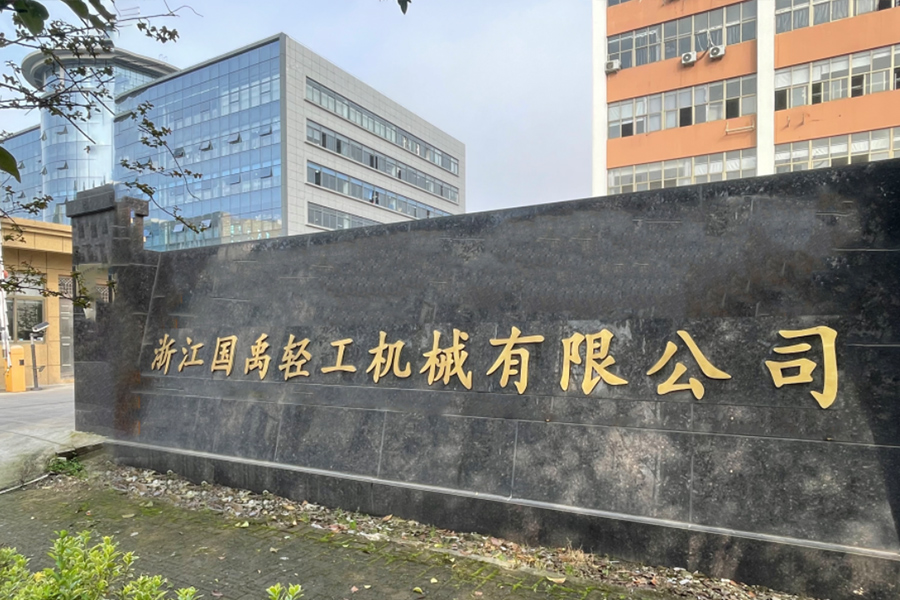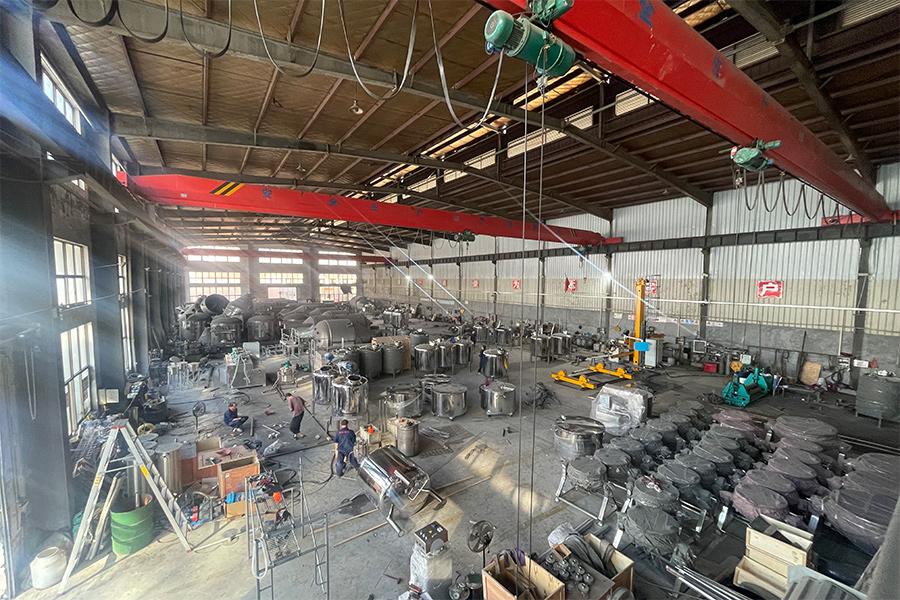-
 [email protected]
[email protected]
-
 +86-13706666922
+86-13706666922

The industrial equipment sector is experiencing remarkable transformations as jacketed kettles evolve into sophisticated processing systems that combine thermal efficiency with operational precision. These specialized vessels have transitioned from basic heating containers to complex processing units that serve critical functions across multiple manufacturing domains. The fundamental design principle of jacketed kettles – featuring an outer shell that circulates thermal transfer media – has been enhanced through numerous technological innovations that significantly improve their performance characteristics and application range.
Contemporary jacketed kettles incorporate advanced heat exchange systems that optimize energy utilization while ensuring consistent temperature distribution throughout the vessel contents. Modern designs employ computational fluid dynamics to create optimized flow patterns for thermal media, resulting in improved heat transfer coefficients and reduced thermal gradients within the product mass. These engineering refinements contribute to more uniform processing conditions, enhanced product quality, and reduced energy consumption compared to previous generations of equipment. The improved thermal efficiency also allows for faster heating and cooling cycles, increasing overall production throughput while maintaining precise temperature control.
Material science advancements have substantially influenced the development of modern jacketed kettles. Manufacturers now utilize specialized stainless steel alloys with enhanced corrosion resistance and improved structural integrity. These material upgrades are complemented by advanced interior surface treatments that promote better heat transfer while small product adhesion and simplifying cleaning procedures. The combination of predominant materials and refined manufacturing techniques results in equipment that demonstrates extended service life and reduced maintenance requirements, particularly important in applications involving aggressive chemical environments or stringent hygiene standards.
Control and automation systems represent perhaps the lots of significant area of improvement in jacketed kettle technology. Current systems integrate multiple sensor arrays that continuously monitor temperature, pressure, and sometimes even viscosity parameters throughout the processing cycle. These sophisticated control systems employ predictive algorithms to maintain ideal processing conditions, automatically adjusting thermal media flow rates and temperatures in response to changing product characteristics. The automation capabilities extend to comprehensive data logging functions that document all processing parameters, providing valuable information for quality assurance protocols and production optimization efforts.
The operational versatility of modern jacketed kettles has expanded considerably through modular design approaches and configurable options. Contemporary units can be specified with various agitation systems, internal configurations, and access arrangements to suit specific processing requirements. This flexibility enables manufacturers to utilize jacketed kettles for diverse applications including mixing, reaction processes, dissolution, crystallization, and evaporation. The ability to customize vessel characteristics ensures that processing equipment can be precisely matched to product requirements, whether dealing with viscous materials, shear-sensitive products, or formulations requiring specific time-temperature profiles.
Safety and compliance features have been substantially enhanced in recent jacketed kettle designs. Modern units incorporate multiple protection systems including pressure relief mechanisms, temperature safeguards, and advanced control interlocks that prevent operational errors. These safety enhancements are particularly valuable in regulated industries where equipment must meet strict standards for personnel protection and process validation. The improved safety systems also contribute to more consistent product quality by preventing processing deviations that could compromise batch integrity.
As manufacturing requirements continue to evolve toward more complex formulations and stricter quality standards, jacketed kettles maintain their essential role in industrial processing. The ongoing innovation in materials, control systems, and design methodologies ensures that these vessels will continue to meet the challenges of modern production environments.







